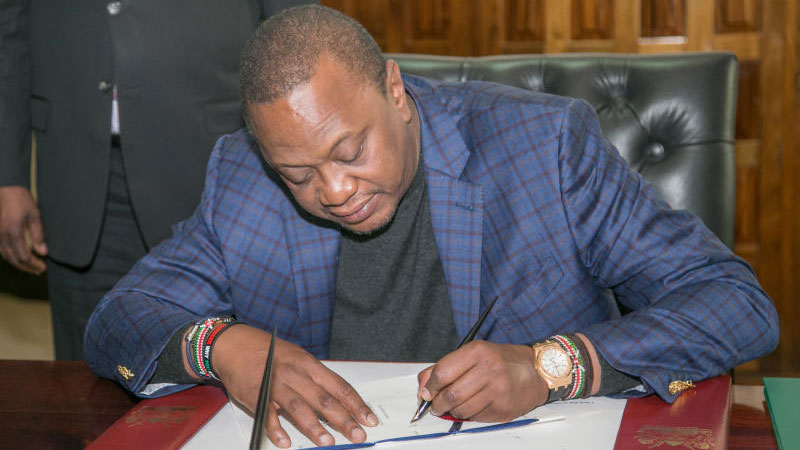×
The Standard e-Paper
Smart Minds Choose Us

Recent changes executed by President Uhuru Kenyatta have generated debate across the political divide.
Many observers say the changes are emboldened by the fact that Uhuru is serving his last term as President and is keen to build a powerful legacy.